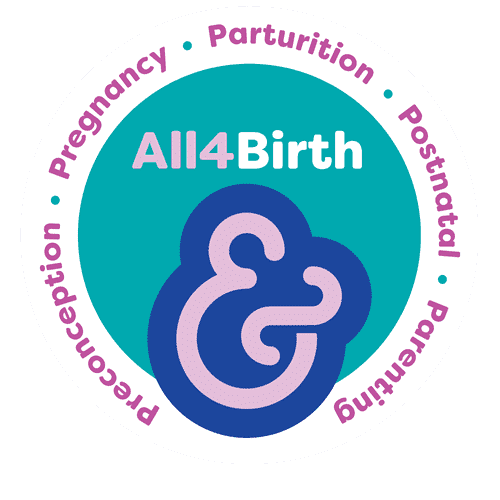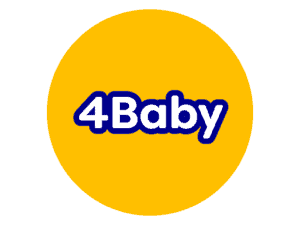Abbie Tomson
Midwife MSc, BSc, Yoga Teacher, Project Lead at All4Birth
@enevlorel @All4Birth
Summary
Parenting is a journey filled with choices—big and small. From the moment we bring new life into the world, we make decisions that shape our children’s health, development, and the planet they will inherit. Sustainable parenting is about making mindful choices that nurture both our little ones and the Earth, ensuring a brighter, healthier future for all.
Why Sustainable Parenting Matters
The world is changing rapidly, and with it comes a greater awareness of our impact on the environment. Parents today have the opportunity to lead by example, teaching children the value of sustainability through daily habits and mindful decision-making. Sustainable parenting isn’t about perfection—it’s about progress. Small, consistent efforts can create a lasting impact on our families and the world around us.
Choosing Natural and Ethical Products
One of the simplest ways to practice sustainable parenting is by choosing natural, organic, and ethically sourced products. From skincare to baby clothing, the choices we make can help reduce our environmental footprint while supporting ethical brands. Look for certifications such as organic cotton, Fair Trade, and cruelty-free labels. Brands like Weleda, for example, offer natural and biodynamic skincare products that are gentle on babies’ delicate skin and environmentally responsible.
Reducing Waste with Reusables
The convenience of disposable products often comes at a cost to the environment. Opting for reusable alternatives—such as cloth nappies, stainless steel water bottles, and bamboo utensils—can significantly cut down on waste. Cloth nappies, for instance, not only reduce landfill waste but can also be cost-effective in the long run. Likewise, choosing second-hand baby clothes and toys helps minimise production waste and teaches children the value of reusing and repurposing.
Mindful Consumption and Minimalism
Modern parenting often involves an overwhelming amount of baby gear and gadgets. While some items are essential, many are marketed as must-haves when, in reality, simpler is often better. Embracing minimalism in parenting means prioritising quality over quantity—choosing timeless, multi-functional items that grow with your child and limiting unnecessary purchases. Not only does this approach reduce clutter and waste, but it also fosters creativity and mindfulness in children.
Nourishing with Sustainable Food Choices
Feeding our children sustainably starts with choosing organic, locally sourced, and seasonal foods whenever possible. Homemade baby food, for example, reduces packaging waste and allows parents to control ingredients for optimal nutrition. Supporting local farm shops and reducing food waste by meal planning and composting can further enhance a family’s sustainable lifestyle.
Teaching Children to Love and Respect Nature
Sustainable parenting isn’t just about what we buy but about how we raise environmentally conscious children. Encouraging outdoor play, gardening, and simple eco-friendly habits like turning off lights, recycling, and conserving water can instill a lifelong respect for nature. Children learn best by example, so when they see their parents making thoughtful choices, they are more likely to adopt those values themselves.
A Kinder Future Starts at Home
Every small step toward sustainability in parenting is a step toward a better future. Whether it’s choosing natural products, reducing waste, or instilling eco-friendly habits in our children, the way we parent today has a ripple effect on the world they will inherit. By embracing sustainable parenting, we nurture both our little ones and the planet, ensuring that future generations can thrive in a healthier, more compassionate world.
Links to other resources
 Books
Books
The Sustainable(ish) Guide to Green Parenting by Jen Gale
 Film Audio and Apps
Film Audio and Apps
The Sustainable Parenting Podcast








